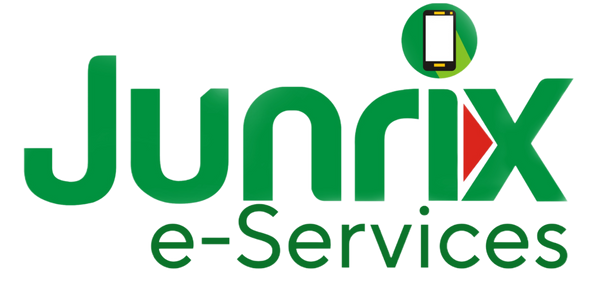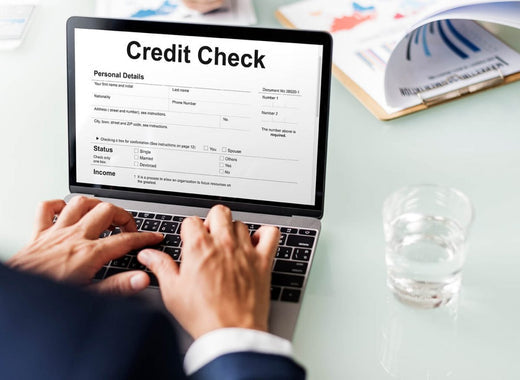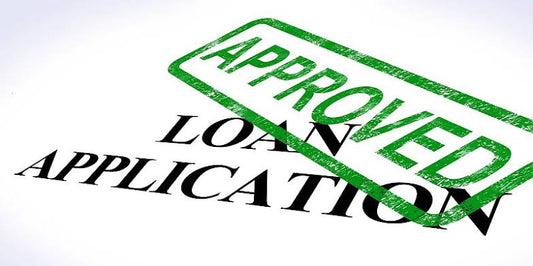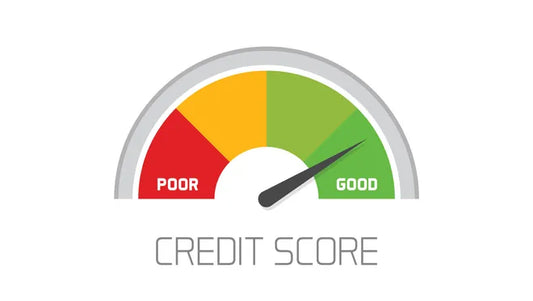Struggles That People Face When Applying For a Personal Loan Here in the Philippines.
Personal loans can give you a quick fix for expenses you never saw coming. They’re a convenient way to borrow money, and you can just pay them off in monthly installments with interest. With a personal loan, there’s no need to ask your parents or your best friend for money. No need to sell prized possessions for some quick cash, either.
Unfortunately, not everyone can be approved for a personal loan. Before you can get a loan approved, financial institutions will first check whether you are a credible borrower or not. If you don’t meet the criteria, your loan will automatically get disapproved.
Many things affect the outcome of your loan application, the most common of which is bad credit history. But very few people can truly say that they’ve never had a late payment for a credit card bill, or missed a payment for a loan. In fact, very few people can really say they are 100% debt-free. Which is why it’s a struggle to apply for a personal loan if you have a less than perfect credit history.
Here are some of the struggles that people face when applying for a personal loan here in the Philippines.
You Must Have a Fixed Source of Income
Financial institutions are more inclined to approve a personal loan application if the applicant has a fixed and stable source of income. This establishes your ability to pay off the loan in the next couple of years. It’s a very important requirement for loan applicants. Employees with lesser income but have a permanent job have a higher chance of getting their loan approved compared to employees who earn more but work freelance or on a contractual basis.
Build a Relationship With Your Bank
If you have been a loyal customer of a financial institution and have had numerous transactions over the years, you are likely to get an approved loan. Banks look at your credit card history, as well as your savings and checking accounts transactions, to establish your financial credibility. If you have no savings accounts or credit cards, it will be more challenging to get a personal loan approved. You may have to submit more documents and financial records to prove your credit worthiness.
Have an Unblemished Credit History
Your credit history will definitely affect your chances of getting a personal bank loan approved. If you have bad credit history because of unpaid credit cards or loans, banks will have no choice but to deny your loan application.
Any unpaid loans, delinquent credit cards, and bounced checks will automatically reflect in your credit history. These are red flags for banks and financial institutions and could negatively affect your loan application process.
At The Very Least, Have a Credit History
Banks are also likely to deny your loan application if they perform a credit check and find no financial records under your name. If you have no credit, this doesn’t mean you have good credit. Banks and financial institutions will not loan money to borrowers whose credit worthiness is unclear or questionable.
If you have no credit, you haven’t committed any financial mistakes yet. Which is a good thing, because you can better take care of your credit standing by paying your financial obligations on time and on a regular basis.
But because you are just building your financial reputation and have yet to establish a payment history, having no credit can be more negative than positive. Banks and financial institutions may deny your loan application unless you are able to prove that you have the paying capacity. They will check if you already have a credit card, or whether you have a proof of billing under your name, or if you’ve had previous approved loans.
You Should Not Have Unsettled Debts
If you have already taken out a personal loan with another bank and failed to pay it fully, chances are your next loan application will also be disapproved. Even if you apply for a loan with several banks, you will most likely get the same answer. There are some companies that can offer personal loans without a credit check, but the interest rates will be much higher, and the principal loan amount will be lower. You may also need to provide a collateral or find a guarantor with a good credit standing.
Don’t Apply for an Unrealistic Loan Amount
Some people apply for a personal loan to be able to buy certain things, or to consolidate loans and debts. However, the amount applied for is often not realistic with the income that they are currently receiving. The bank will only approve an amount they think you are able to pay back. They can approve your loan application for a lower loan amount, or disapprove the application outright.
Shopping for a loan provider is easy, if you can meet all of the requirements. However, not everyone will have outstanding credit history or a good long standing relationship with banks which would sometimes make it difficult to get approved.A Personal Loan Application can be a lifesaver during financial emergencies, and it can be quite frustrating if you will encounter these problems every time you apply for one.
If you are really in need of a loan, don’t apply for one with every bank or financial institution. Your credit report will contain all of your loan applications, whether approved or disapproved. This will send the message that you are in financial trouble, and they can flag you as a credit risk. Which means lower chances of getting your loan approved.
You can improve your credit history and show that you have the capacity to pay off the monthly loan payments. Pay your credit card bills on time and in full. Maintain old bank accounts and credit cards, because this shows that you can manage and maintain your finances over a long period of time. Spend less than your credit card limit and pay the full balance each month.
Don’t be overly dependent on personal loans to get you out of a financial bind every time. Only apply for one to cover emergencies and unforeseen expenses. With every loan you take out, you are actually losing money in interests, which is never a good thing.



